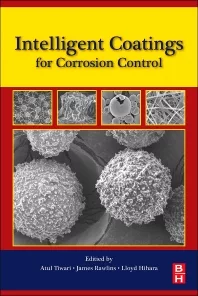Nano Labs Unveils Natural Insect Control Coating
DETROIT - Nano Labs Corp. has developed a next-generation nano-coating specifically designed as an anti-insect paint that repels insects and other arthropods, hinders their feeding and reproduction, and reduces their presence and proliferation.
The coating uses natural minerals as a mechanical exterminator that hinders, repels and kills insects physically. At the micro- and nano-particle level, the natural minerals’ effect on insects is enhanced and effectively acts as an abrasive and desiccant, which kills insects by removing the protective layer that covers their bodies, making them dry up and die.
The new nano-coating is effective on ants, aphids, cockroaches, mosquitos, spiders, termites, ticks and certain other types of pests and vermin, while not affecting the health of people, pets or livestock, or harming the environment.
The paint coating exhibits high-quality traditional paint characteristics that include high brightness, high covering capacity, good light-scattering performance, good suspension capacity, good covering, high durability and easy dispersing performance.
"Our new anti-insect paint can be applied on almost every interior and exterior surface - from houses to farms, offices and government buildings, to transportation facilities and vehicles, through to health clinics and hospitals," said Dr. Castano, Chief Innovations Officer at Nano Labs. "It kills pests that can carry disease or parasites upon contact, which can bring incredible change to many parts of the world suffering from disease and parasites carried by insects. We have conducted very successful tests in Mexico with Atencio & Atencio and DIASA, a real estate development firm constructing homes in the northern state of Tamaulipas, next to the Gulf of Mexico, a tropical-like environment where biting insects transmit poison, disease and parasites that may result in death. Traditional, and so far unsuccessful, solutions have included nets, sprays or fumigations as control mechanisms. We are continuing to test in disease-control programs, but our experimental developments are proving very positive."
Looking for a reprint of this article?
From high-res PDFs to custom plaques, order your copy today!






